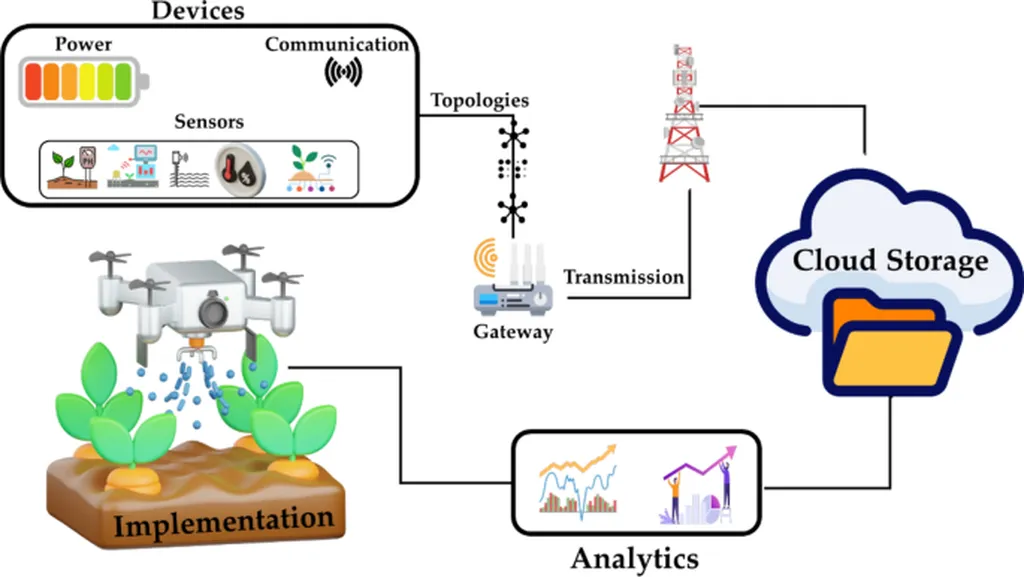In the ever-evolving landscape of organizational management, a beacon of clarity has emerged from the academic halls of the University of Tehran. Mohammad Reza Fathi, a researcher from the Department of Industrial Management, has spearheaded a comprehensive review of the Viable System Model (VSM), a framework designed to tackle complexity and ensure systemic viability in dynamic environments. Published in the ‘Journal of Systems Thinking in Practice’, Fathi’s work offers a fresh perspective on how VSM can revolutionize industries, including agriculture, by enhancing resilience and adaptability.
The Viable System Model, a cornerstone of organizational cybernetics, has been scrutinized through a systematic review of 21 peer-reviewed studies. Fathi’s research employs a rigorous bibliometric approach, combining quantitative analysis and network analysis to map the current state and future potential of VSM. “Our goal was to provide a clear and coherent picture of VSM’s applications, challenges, and opportunities,” Fathi explains. The findings highlight VSM’s role in bolstering organizational resilience, improving decentralized decision-making, and enabling systemic adaptability—qualities that are particularly valuable in the agriculture sector.
One of the most compelling aspects of Fathi’s research is its emphasis on integrating VSM with emerging technologies. Artificial intelligence, digital twins, and big data analytics are poised to enhance VSM’s effectiveness, offering new ways to manage complexity and drive innovation. For the agriculture sector, this could mean more efficient supply chains, better resource management, and improved decision-making processes. Imagine a farm where AI-driven systems, informed by VSM principles, optimize irrigation, pest control, and harvest schedules. The potential for increased productivity and sustainability is immense.
However, the research also identifies critical gaps that need addressing. Limited empirical validation, insufficient applications in underrepresented sectors like agriculture, and scalability issues for small and medium-sized enterprises (SMEs) are among the challenges highlighted. Fathi stresses the need for longitudinal research, hybrid frameworks, and sector-specific models to enhance VSM’s theoretical and practical utility. “We need to bridge the gap between theory and practice,” he notes, “to ensure that VSM can be effectively applied across various industries, including agriculture.”
The implications of Fathi’s research are far-reaching. By synthesizing recent applications and identifying research opportunities, the study reinforces VSM’s significance as a robust approach to managing complexity. For the agriculture sector, this could mean a shift towards more adaptive and resilient systems, capable of withstanding the challenges of a changing climate and market dynamics. The integration of VSM with emerging technologies could also pave the way for smarter, more efficient farming practices, ultimately benefiting both producers and consumers.
As we look to the future, Fathi’s work serves as a roadmap for further exploration and innovation. The need for hybrid frameworks and sector-specific models underscores the importance of interdisciplinary collaboration. By bringing together experts from various fields, we can unlock the full potential of VSM and drive meaningful change in industries like agriculture. The journey towards systemic viability is just beginning, and the insights gleaned from this research will undoubtedly shape the path forward.
Published in the ‘Journal of Systems Thinking in Practice’ and led by Mohammad Reza Fathi from the Department of Industrial Management at the University of Tehran, this systematic review offers a compelling vision of how the Viable System Model can transform organizational management and pave the way for a more resilient and adaptive future.

